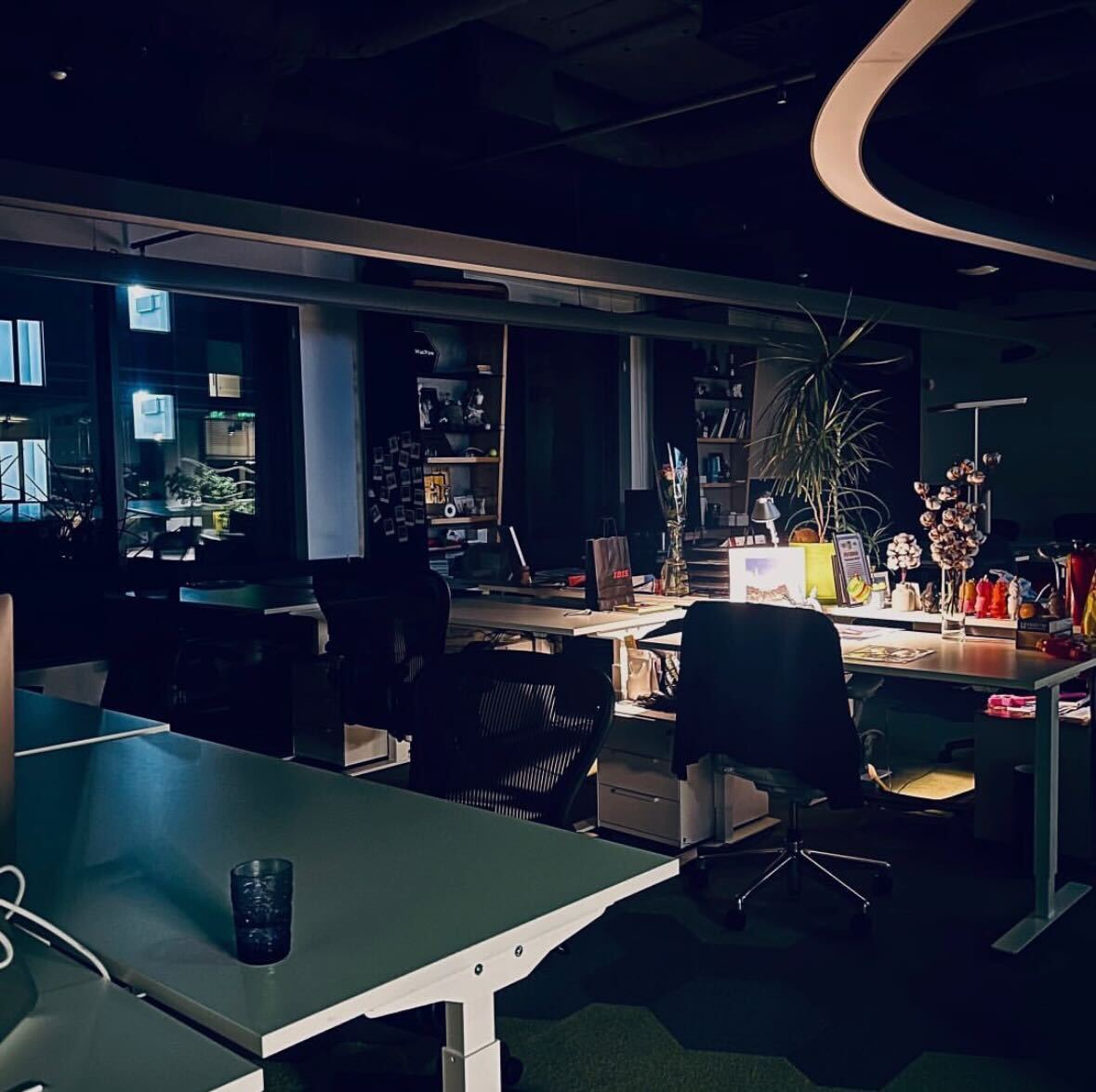Two years after the Russian invasion, one of Ukraine’s preeminent Mac software companies isn’t just surviving. In fact, MacPaw is doing pretty well — shiny new bomb shelters notwithstanding.
The company behind CleanMyMac X and Setapp has launched new products — including some designed to take the fight to Russia. MacPaw also opened a satellite office in Boston and donated millions to humanitarian efforts, all while most of the company’s employees have remained behind in the war-torn country.
“Living and working amidst the unjust full-scale Russian invasion poses numerous challenges for our team,” said Nina Bohush, a senior MacPaw PR specialist based in Kyiv, Ukraine’s capital city. “Just imagine a morning that starts with loud explosions outside the window because of another Russian attack … Of course, going through these unprecedented circumstances impacts people’s mental health and productivity.”
MacPaw and Ukrainian life during wartime
February 24 marks the second anniversary of the Russian invasion of Ukraine. While the country’s economy as a whole has shrunk because of the war, Ukraine’s software sector remains relatively strong, despite challenges posed by missile strikes and blackouts (not to mention cyberattacks by Russia-aligned hackers).
Aside from MacPaw, several well-known software companies that specialize in software for Mac and iOS call Ukraine home. The list includes Readdle (developer of PDF Expert and Spark), Skylum (Luminar Neo), BeLight (Live Home 3D), Nektony (MacCleaner Pro), Grammarly and MacKeeper.
In 2023, IT services accounted for more than 40% of Ukraine’s exports and about 5% of its gross domestic product, according to a recent report from IT Research Ukraine. Recent travel restrictions and military mobilizations are taking a toll, though.
How Ukrainian software companies fared during two years of war
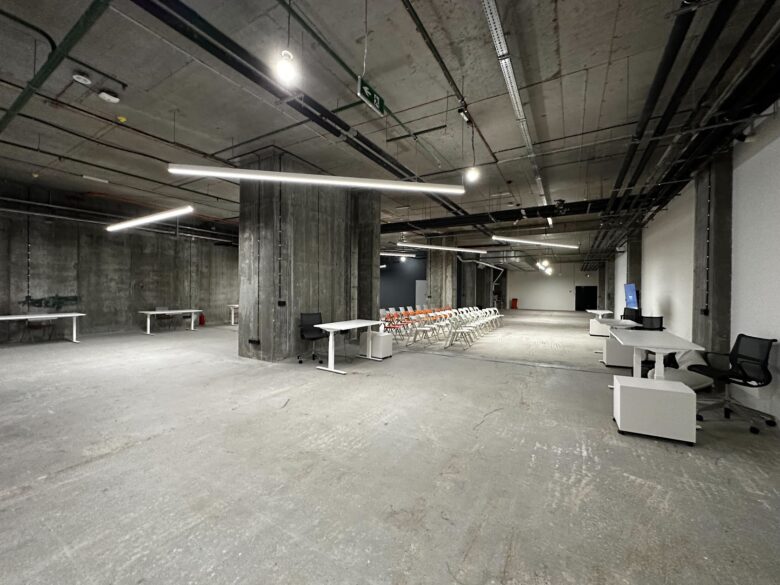
Photo: MacPaw
MacPaw has taken a bunch of measures to (literally) keep the lights on, from procuring portable generators for work-at-home staff to designing and regularly stress-testing a comprehensive business-continuity system. The company also hired mental health coaches and built a large bomb shelter at its Kyiv HQ to protect staffers from missile attacks.
Designed to protect the entire MacPaw team, it resembles the kind of nuke-proof bunker that a U.S. president and cabinet might shelter in. It boasts a large presentation area, desks, a kitchen and private work booths.
MacPaw hasn’t seen direct losses due to military action, but has suffered “major distractions,” said Bohush. Things like blackouts and major reallocations of resources to support the resistance proved challenging.
“It is hard to stay productive during regular shelling, mobilization, blackouts, and general recession in Ukraine’s economy,” she said.
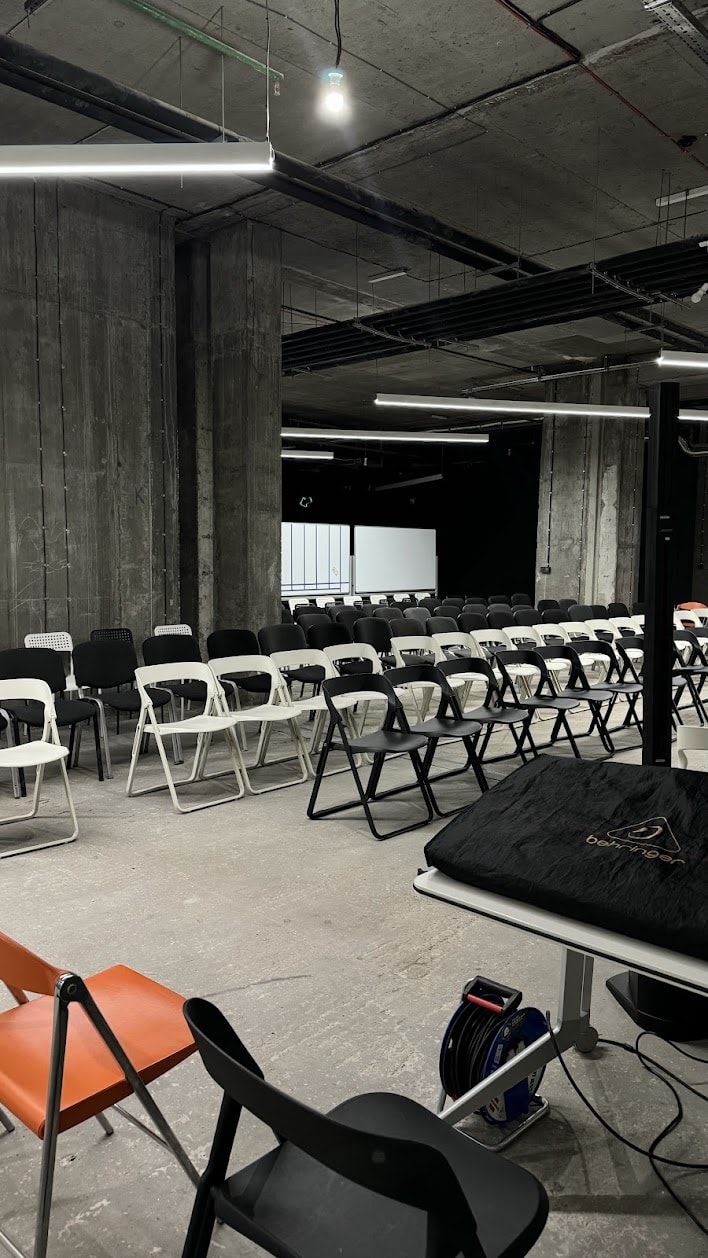
Photo: MacPaw
In general, Bohush described MacPaw as “stable,” even though the company grew by 22% in 2022 and 14% in 2023, to more than 540 staff in total. “MacPaw has managed to gain growth in some directions and remain stable in others,” she said.
MacPaw says it has more than 30 million users worldwide, with one in five Mac users having downloaded one of its apps. The company’s HQ in Kyiv houses an extensive Apple museum.
During the conflict, MacPaw managed to maintain and regularly update its products, while also branching out. In September 2023, the company realized a long-planned business goal of opening a U.S. office. The satellite office in Boston should be staffed by a team of 30 tech specialists by 2025.
Nektony finds a way to thrive during war in Ukraine
Nektony, the Ukrainian company behind MacCleaner Pro, said it managed to update all its products last year despite widespread disruptions, including the shelling of its offices in Odesa. The company even won a prestigious Red Dot Award for its App Cleaner & Uninstaller.
Because of the war, Nektony team members who remained in Ukraine now work from home. (Some relocated to Spain or Canada for safety.)
“We recognize the psychological toll the situation has taken on our employees,” said Asya Karapetyan, a Nektony spokesperson.
Like a lot of other Ukrainian companies, Nektony’s employees spend a lot of time volunteering for the war effort. Karapetyan thanked Nektony’s customers: “We are grateful for your continued support during these challenging times,” she said.
New cybersecurity initiatives
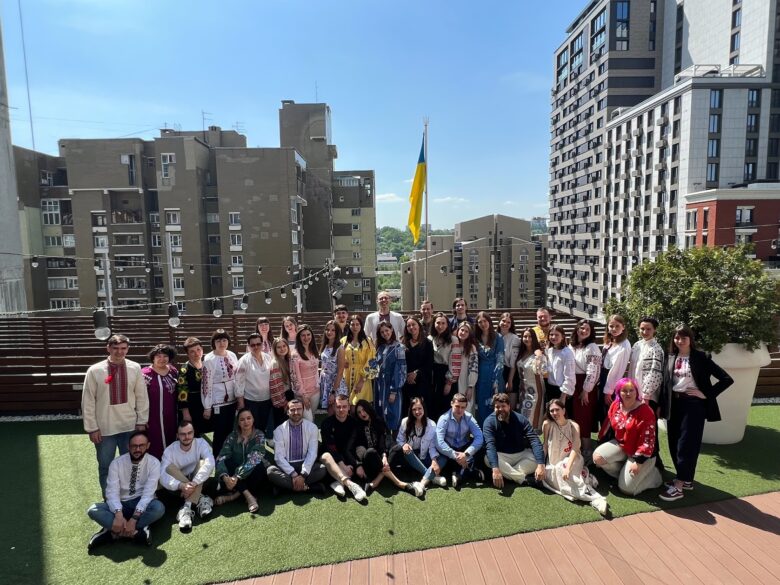
Photo: MacPaw
One unusual side effect of the war is that a lot of Ukrainian companies gained crucial cybersecurity experience, leading to an increase in cybersecurity startups and investments in the country. MacPaw, for example, launched a new cybersecurity division called Moonlock, inspired by Russian-driven cyberattacks and disinformation.
In the first week of the invasion, MacPaw weathered a large DDoS attack on its website, which the company says has been blocked in Russia since 2022 and still faces occasional cyberattacks.
Moonlock’s work has so far been incorporated into the malware removal module of CleanMyMac X, but the team is working on a standalone Mac security product. This comes as a MacPaw security survey found that 50% of Mac users have been affected by malware, hacks or scams, despite the widespread belief in the Apple community that the platform is invulnerable.
SpyBuster, an app designed to thwart Russian spying
Earlier in the war, MacPaw released SpyBuster, an app designed to protect Ukrainians from sending sensitive data to Russia. The app scans devices for apps with known ties to Russia and its ally Belarus. It also monitors any data transmission to those countries.
MacPaw also made its ClearVPN free to all Ukrainians to provide secure online browsing, especially in areas of the country under Russian control. “We believe that privacy is a fundamental human right, and we are dedicated to ensuring that users have the means to safeguard it,” said Bohush.
Likewise, Grammarly, another Ukraine-founded company that makes a popular AI-powered grammar checker, said it has made its paid pro product free to all Ukrainian nonprofits, NGOs and media organizations.
“We’re grateful for their heroic efforts and are humbled to help if we can,” the company said in a statement.
Meanwhile, Grammarly blocked its services in Russia and Belarus, and donated more than $5.5 million to organizations and funds supporting the people of Ukraine, the company said.
MacPaw Foundation
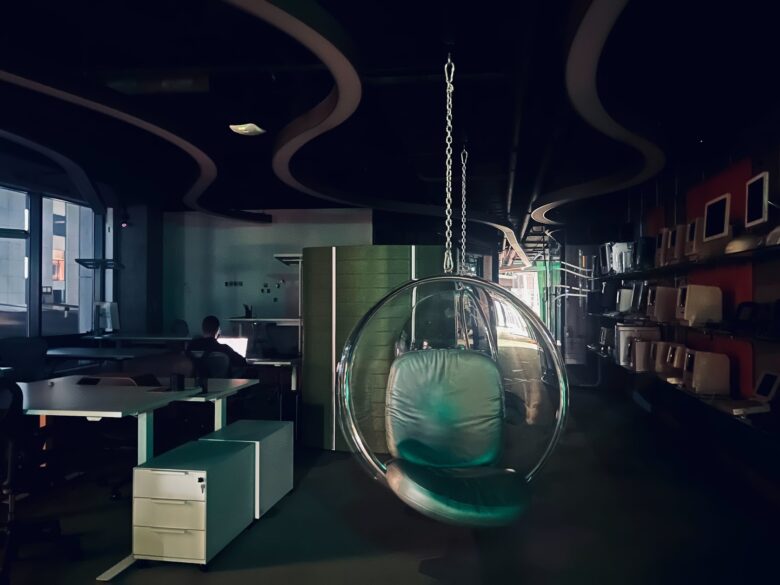
Photo: MacPaw
MacPaw also made significant donations to the war effort, including giving more than $9 million to humanitarian aid organizations. In 2016, the company set up the MacPaw Foundation, which initially supported a range of initiatives, but switched to supporting the war effort after the invasion.
Key milestones include:
- More than $9 million donated to charity and aid procurement
- $900,000-plus raised from MacPaw customers and supporters in community donations
- Monthly donations of $30,000 to Come Back Alive Foundation
- $9,259 raised via Bathtub Creative campaign
- 800-plus humanitarian packages delivered to the liberated Kherson region
- Humanitarian aid support to the locals following the destruction of Kakhovka Dam
- Two medical evacuation vehicles donated to paramedics to transport injured Ukrainian soldiers from the frontline
You can find out more about the MacPaw Foundation and how to support the Ukrainian war effort here.
MacPaw’s Bohush said ultimately, the war has made the company stronger by forcing it to figure out risk management and business continuity.
“We’re setting a strong foundation for sustainable growth and success in the face of any adversity,” she said.
